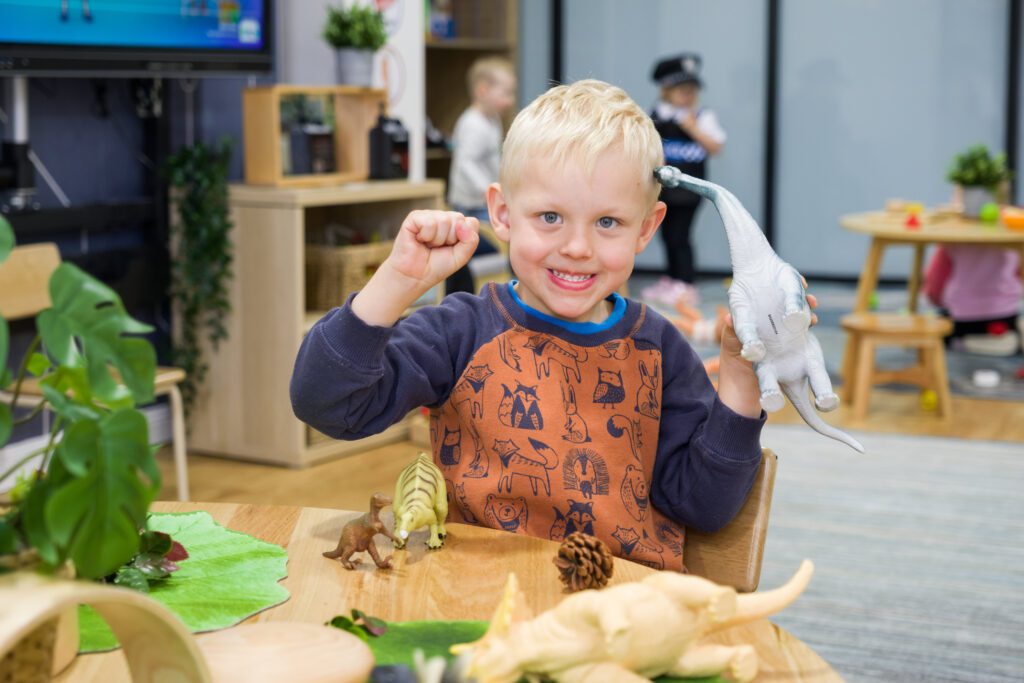
Big Feelings Explained: What’s Normal for Toddlers and Preschoolers?
Big feelings can feel all-consuming, for children and for the adults supporting them.
One moment your child is happily playing, the next they’re overwhelmed by frustration, disappointment, or exhaustion. Often, it happens at the end of a long day, during a transition, or when words don’t quite come easily enough to explain how they feel.
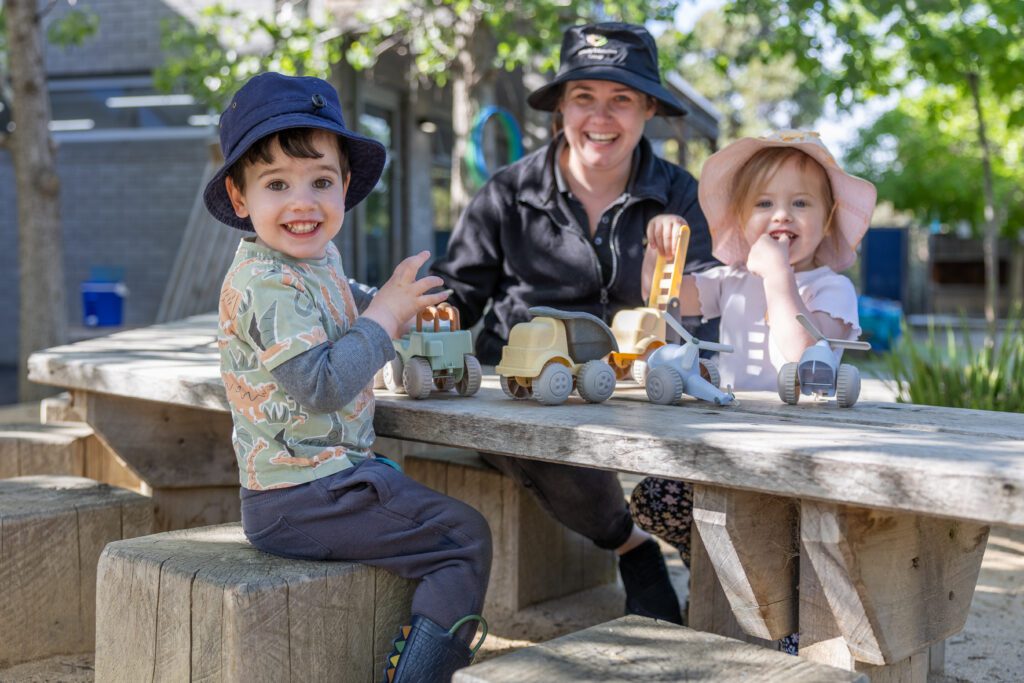
Summer Is Coming: Supporting Sun-Safe Habits for the Season Ahead
Australian summers invite us outdoors – longer days, warmer weather and meaningful moments spent exploring, playing and connecting. As we approach the end of the year and the sunny season ahead, sun safety becomes an essential part of caring for young children.
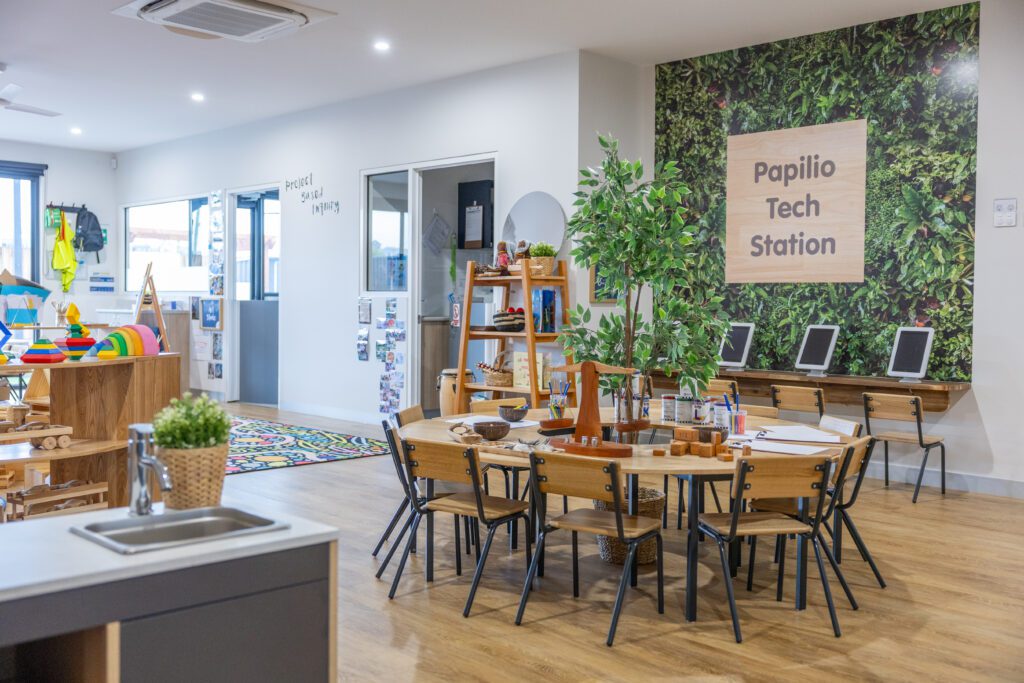
Screens & Under-5s: How Papilio Encourages Healthy Digital Habits from the Start
In today’s world, screens are everywhere, from video calls with grandparents to digital storybooks and classroom smart screens. For families with young children, the question isn’t whether technology should be used, but how to use it meaningfully.
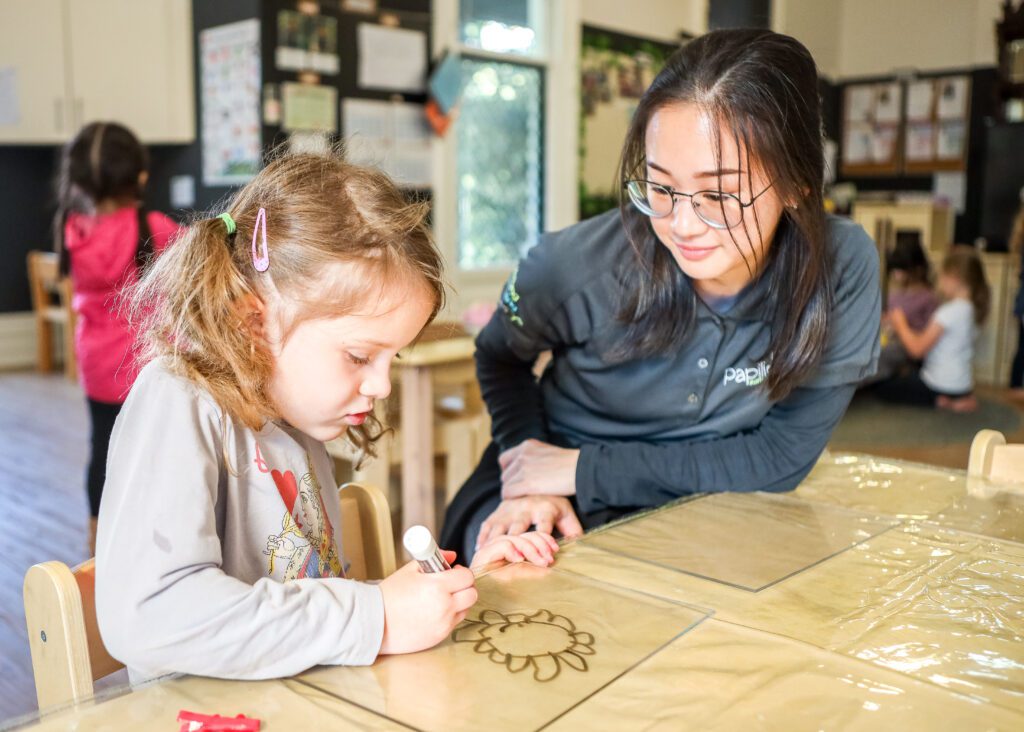
Why Two Years of Kindergarten or Preschool Could Give Your Child the Best Start to School
The years before school are some of the most magical and important in a child’s life. Every question asked, every story told, and every friendship formed helps shape who they’ll become.
That’s why many families are now choosing two years of kindergarten or preschool, giving children more time to develop confidence, curiosity, and essential skills before taking the next big step into school.
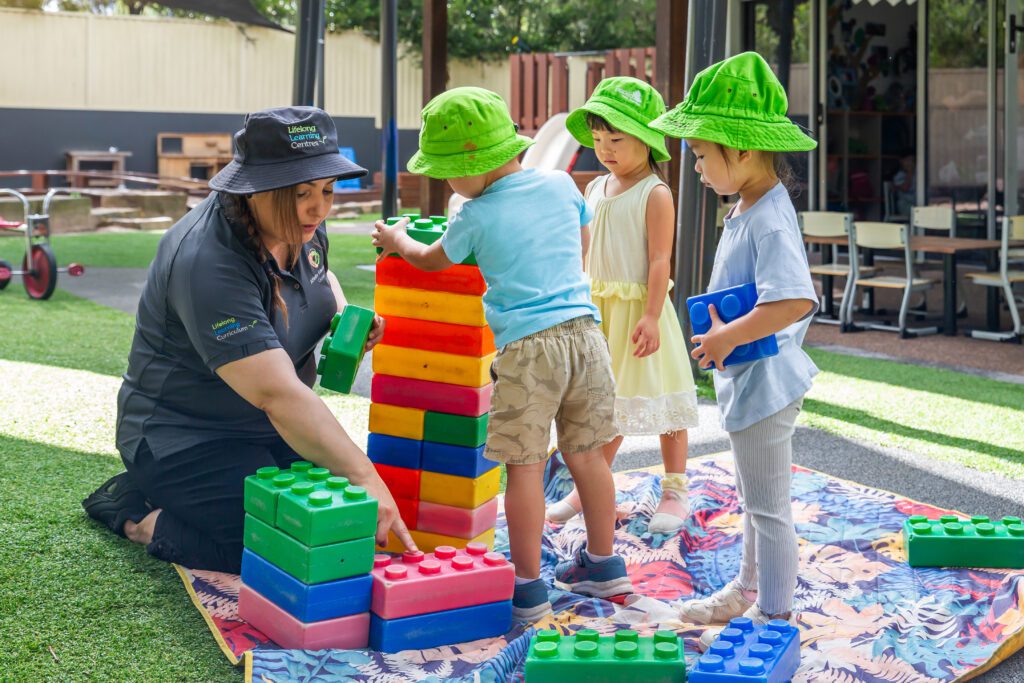
Together We Shine: Honouring the Partnerships That Help Children Thrive This Early Childhood Educator Day
At Papilio Early Learning, we believe every child deserves the very best start in life, and that happens when families and educators work hand in hand.
As a parent, you juggle countless responsibilities. Knowing your child is surrounded by educators who nurture, guide, and celebrate them as much as you do? That’s what makes all the difference.
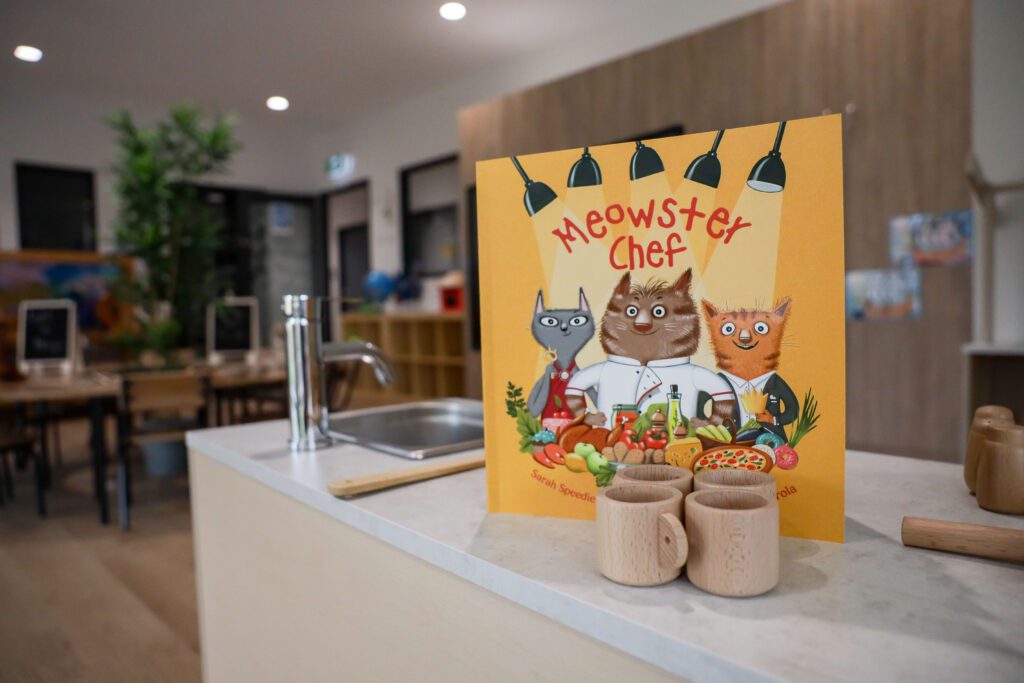
Book Week 2025: Inspiring Young Minds Through Stories and Imagination
There’s something magical about Book Week, when children step into the shoes of their favourite characters, stories come to life, and imaginations run wild.
Book Week 2025 is so much more than dress-ups—it’s an opportunity to inspire a love of reading, encourage creativity, and share moments of connection with your child. For families with children aged 1–5, it’s the perfect time to make memories that will last long after the costumes are packed away.
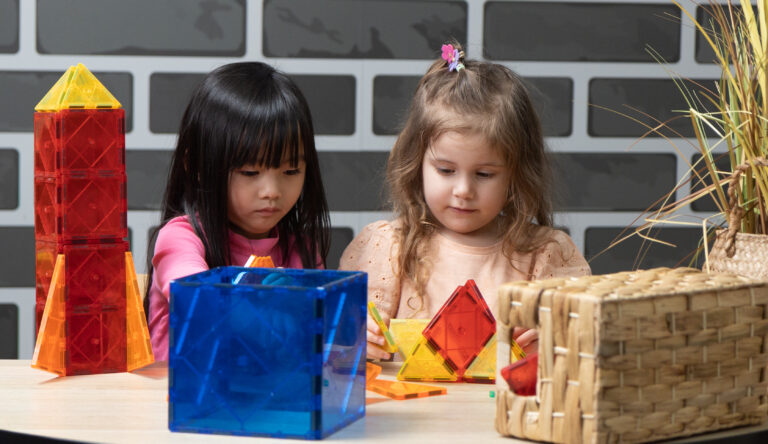
Wonder, Patterns and Possibility: Celebrating Science Week at Papilio
From the way toddlers mimic a bird’s song to the questions kindy children ask about stars and shadows, young children are constantly exploring the world’s hidden patterns.
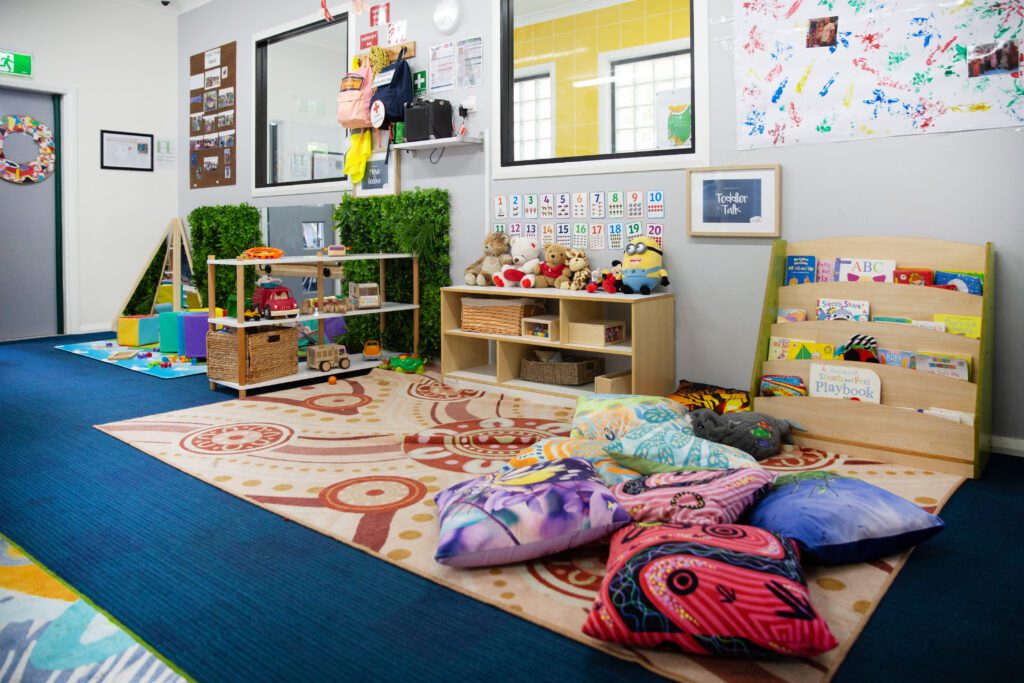
Sharing NAIDOC Week with Your Child: Small Moments, Lasting Impact
NAIDOC Week is a nationwide celebration of the history, cultures, and achievements of Aboriginal and Torres Strait Islander peoples. It’s a chance for all Australians, especially our children, to connect with the richness and resilience of the world’s oldest living cultures.
While it’s often associated with school-age learning, NAIDOC Week holds just as much meaning for our youngest learners. At Papilio, we believe that even the smallest moments—like a question during a walk, or a story at bedtime—can plant the seeds of lifelong respect and understanding.
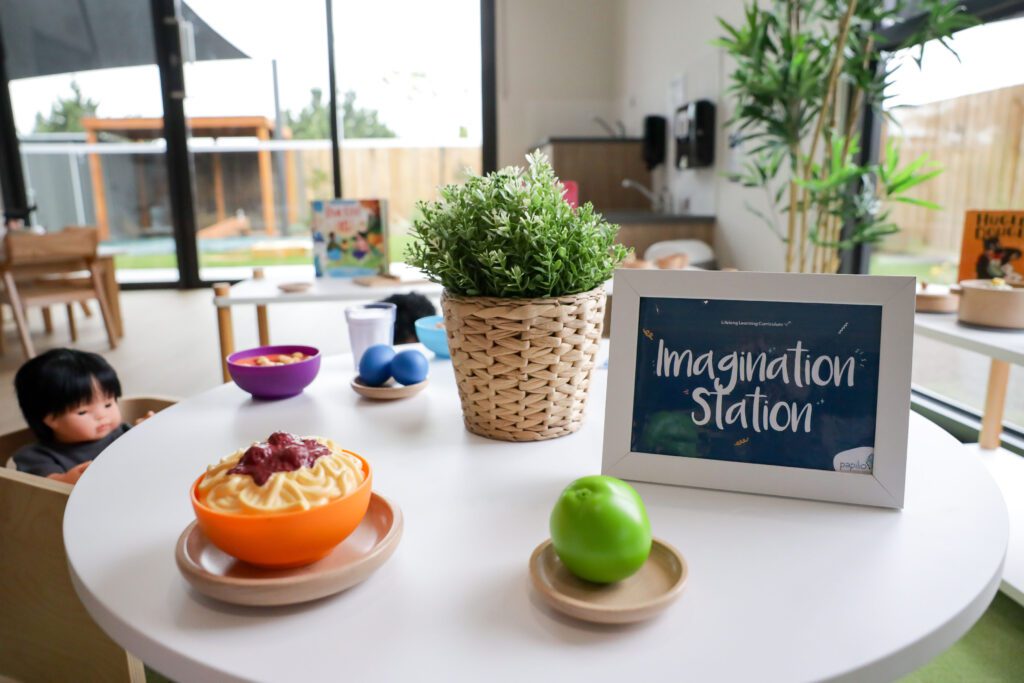
Play with Purpose: How to Design a Learning-Rich Space at Home
In the rush of daily life — packed lunches, work meetings, sticky fingers, and sibling negotiations — creating a space where your child can slow down, focus, and play meaningfully might feel like an impossible dream.
But here’s the beautiful truth: you don’t need a perfectly styled playroom or shelves of designer toys to offer your child a rich, play-based learning experience at home. In fact, with just a small corner, a few intentional choices, and a little insight into how children learn, you can build a play-and-learn nook that nurtures creativity, independence and calm.
At Papilio Early Learning, we see every day how play shapes children’s thinking, behaviour and connection. And with just a little inspiration from our learning environments, you can bring that same purpose-driven play into your own home — no big budget required.
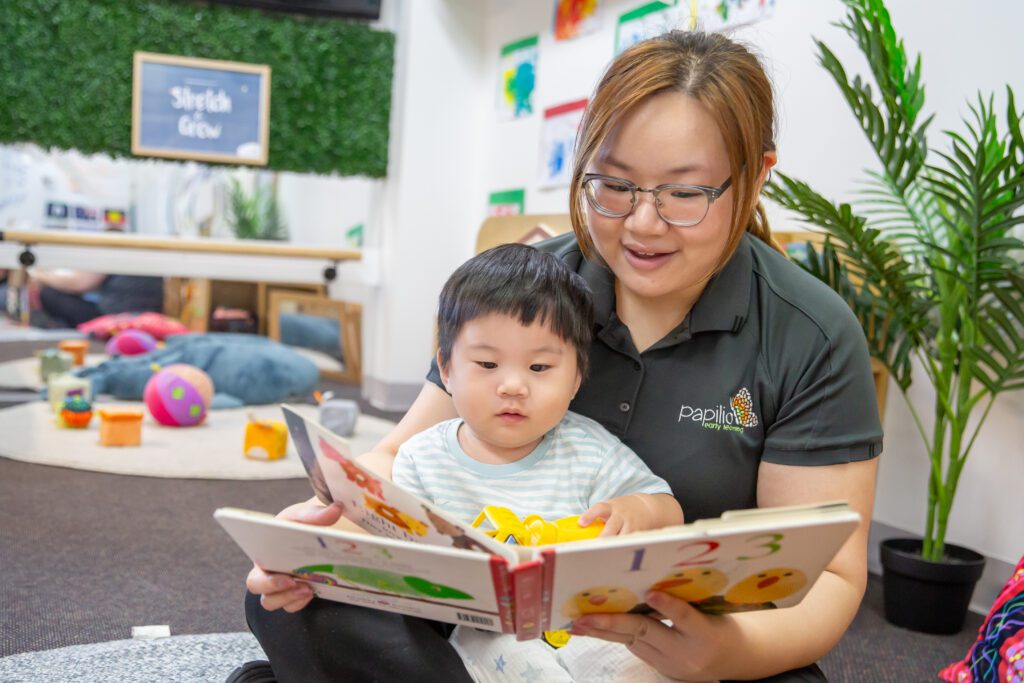
Why Reading to Your Child (Even as a Baby!) Is One of the Best Things You Can Do
There’s something timeless and beautiful about reading with your child. Whether it’s a familiar bedtime story, a quiet moment with your baby in your arms, or a favourite book shared again and again, these rituals do more than create connection — they actively support your child’s development in powerful, lasting ways.
At Papilio Early Learning, we understand that the early years are the most important in a child’s life. Reading aloud from birth to age five builds strong foundations for language, literacy, empathy and emotional wellbeing. Most importantly, it nurtures a lifelong love of learning — one page at a time.